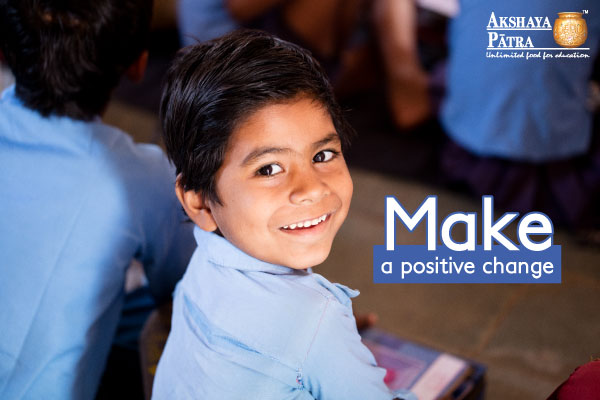There is a compassionate part hidden among all of us. And, the thought of getting out there and doing something for the society also must have crossed our minds many times. But, how often have we actually gone ahead and done it? We get so caught up in our daily humdrum that our benevolence takes a backseat. But, as they say, ‘where there is a will, there is a way.’ So, one of the many ways that can provide you a platform to actively participate in social causes is to engage with an NGO. Every NGO works towards benefitting, uplifting, and sustaining the society by encompassing factors related to social, legal, environment, ecology, health, economy, education, welfare, and the like. The cause of each NGO directly or indirectly reflects the broader perspectives of global organisations such as the UN, UNESCO, WHO, ILO etc. Since NGOs work at the ground zero level of the society; their involvement with a cause brings about a more sustainable outcome. Hence, when you get involved with an NGO it provides you an avenue to constructively participate in a cause.
In view of the significant role of NGOs and to encourage participation of individuals and businesses in various causes, the Government of India has made the provision of tax exemption in India for all charitable donations. Yes, as per Section 80G of the Income Tax Act, contributing donations to a registered NGO or a charitable trust can avail the donor 100% or 50% exemption on the donated amount based upon the type of charitable trust and the clauses of the Income Tax Act. The exemption is applicable for both online donation and offline donation. However, due to ease and convenience, many donors have started taking the online mode of contributing charity. And, since NGOs understand the worth of each penny, the donor can be rest assured that their money is being utilised in the right way. Hence, considering this form of tax exemption is quite a noble way to contribute towards the society.
Let’s take a couple of instances, if a donor identifies with an environmental cause such as afforestation and contributes towards Save Green, then his taxable income will be utilised towards increasing green cover and initiating several environment-friendly programmes. Similarly, if a donor identifies with child education and nutrition, then donating towards The Akshaya Patra Foundation, an NGO in India will ensure nutritious school meals to government school children on every school day. And, since the NGO is aiming at feeding 5 million children by 2020, every penny of all donations will be directed towards the operational expansion of the NGOs Mid-Day Meal Programme. This means, as a donor, you are providing wholesome meals to children and helping them learn and participate better in school, and you are also contributing towards their healthy growth. So, essentially you are contributing towards a healthier and educated society. And, you are also being a catalyst in nation-building.
Well, as you can decipher from the above-mentioned instances, your taxable income has the potential to transform the society in many different ways. Hence, don’t you think making an online donations or offline donations to NGOs can make the most of the tax exemption in India to upkeep your benevolence, save your hard-earned money while also partaking to uplift the society?
In view of the significant role of NGOs and to encourage participation of individuals and businesses in various causes, the Government of India has made the provision of tax exemption in India for all charitable donations. Yes, as per Section 80G of the Income Tax Act, contributing donations to a registered NGO or a charitable trust can avail the donor 100% or 50% exemption on the donated amount based upon the type of charitable trust and the clauses of the Income Tax Act. The exemption is applicable for both online donation and offline donation. However, due to ease and convenience, many donors have started taking the online mode of contributing charity. And, since NGOs understand the worth of each penny, the donor can be rest assured that their money is being utilised in the right way. Hence, considering this form of tax exemption is quite a noble way to contribute towards the society.
Let’s take a couple of instances, if a donor identifies with an environmental cause such as afforestation and contributes towards Save Green, then his taxable income will be utilised towards increasing green cover and initiating several environment-friendly programmes. Similarly, if a donor identifies with child education and nutrition, then donating towards The Akshaya Patra Foundation, an NGO in India will ensure nutritious school meals to government school children on every school day. And, since the NGO is aiming at feeding 5 million children by 2020, every penny of all donations will be directed towards the operational expansion of the NGOs Mid-Day Meal Programme. This means, as a donor, you are providing wholesome meals to children and helping them learn and participate better in school, and you are also contributing towards their healthy growth. So, essentially you are contributing towards a healthier and educated society. And, you are also being a catalyst in nation-building.
Well, as you can decipher from the above-mentioned instances, your taxable income has the potential to transform the society in many different ways. Hence, don’t you think making an online donations or offline donations to NGOs can make the most of the tax exemption in India to upkeep your benevolence, save your hard-earned money while also partaking to uplift the society?








